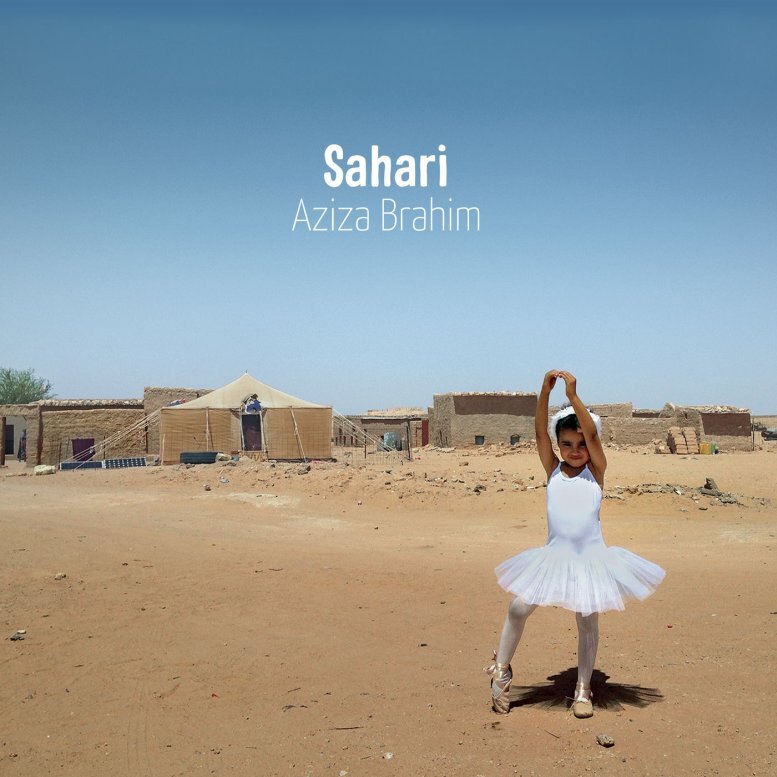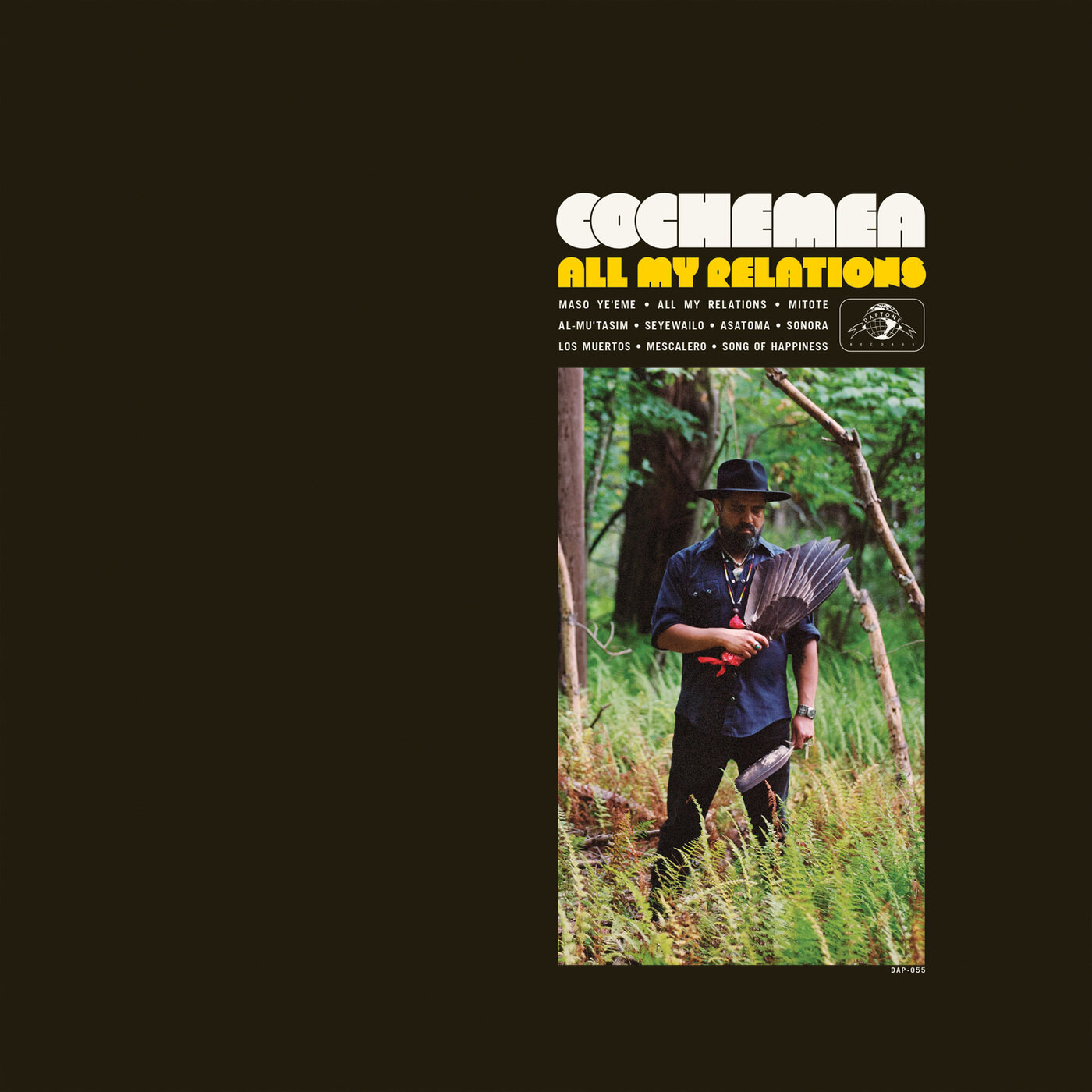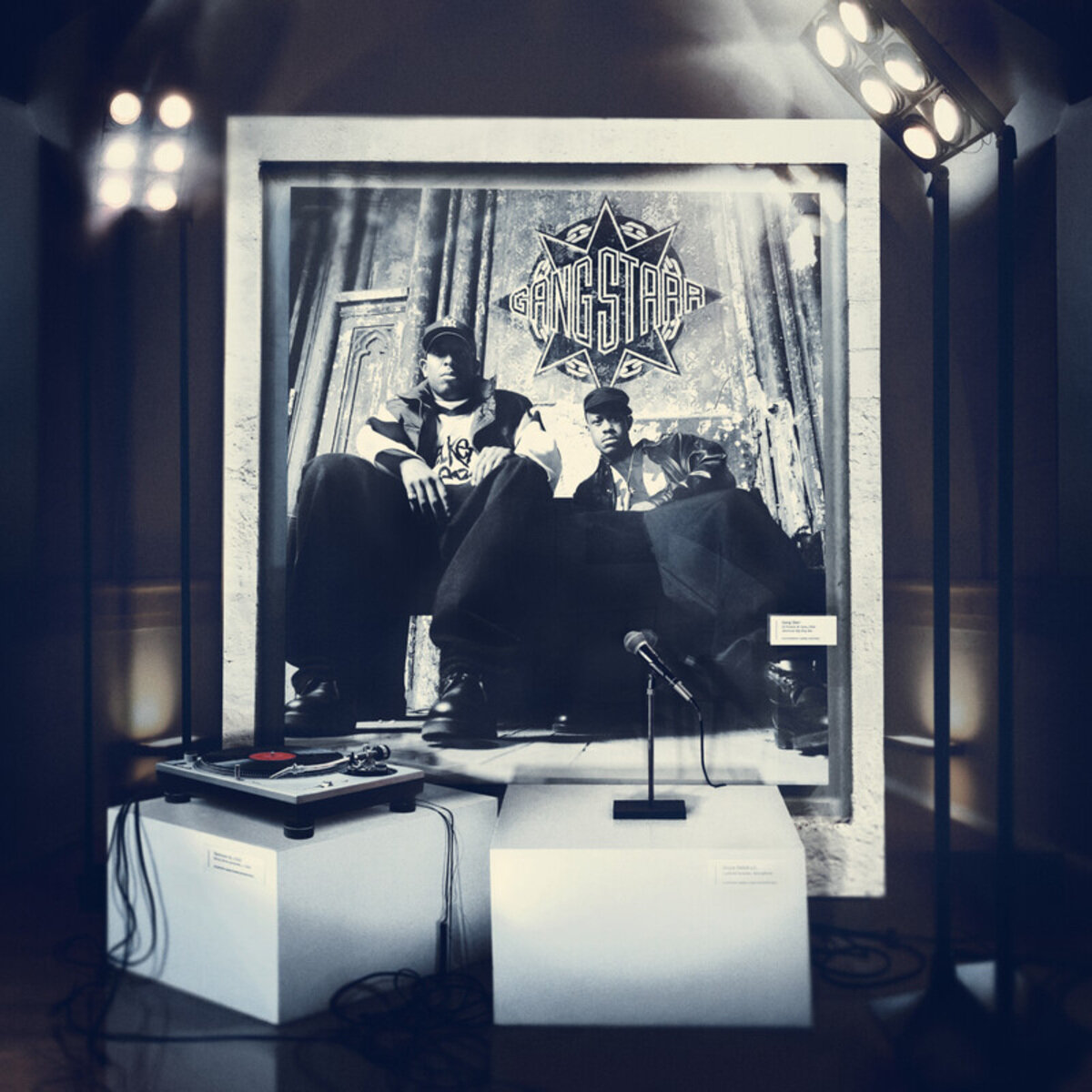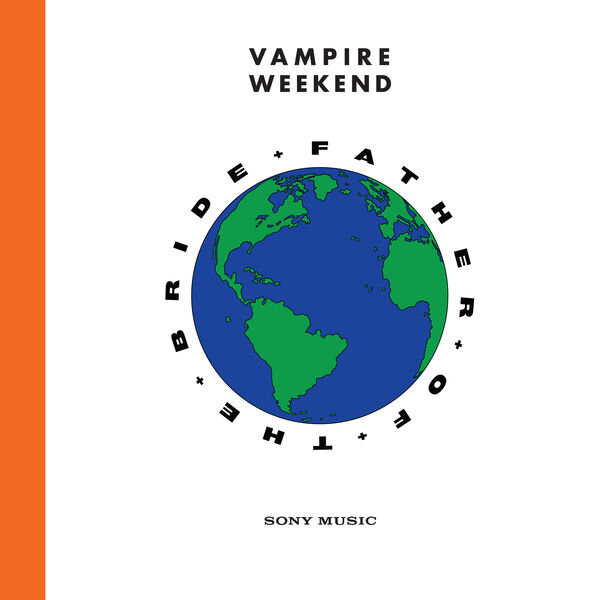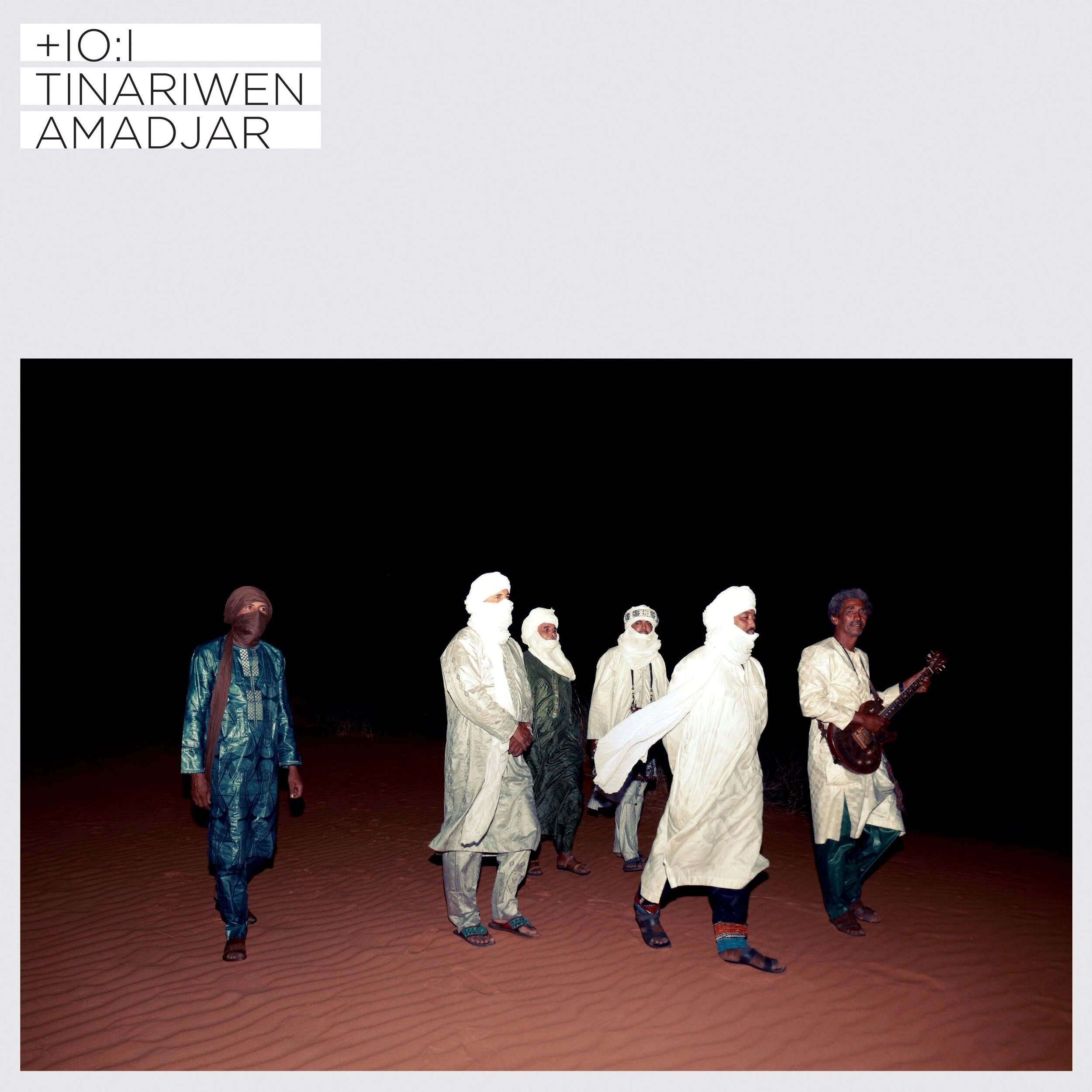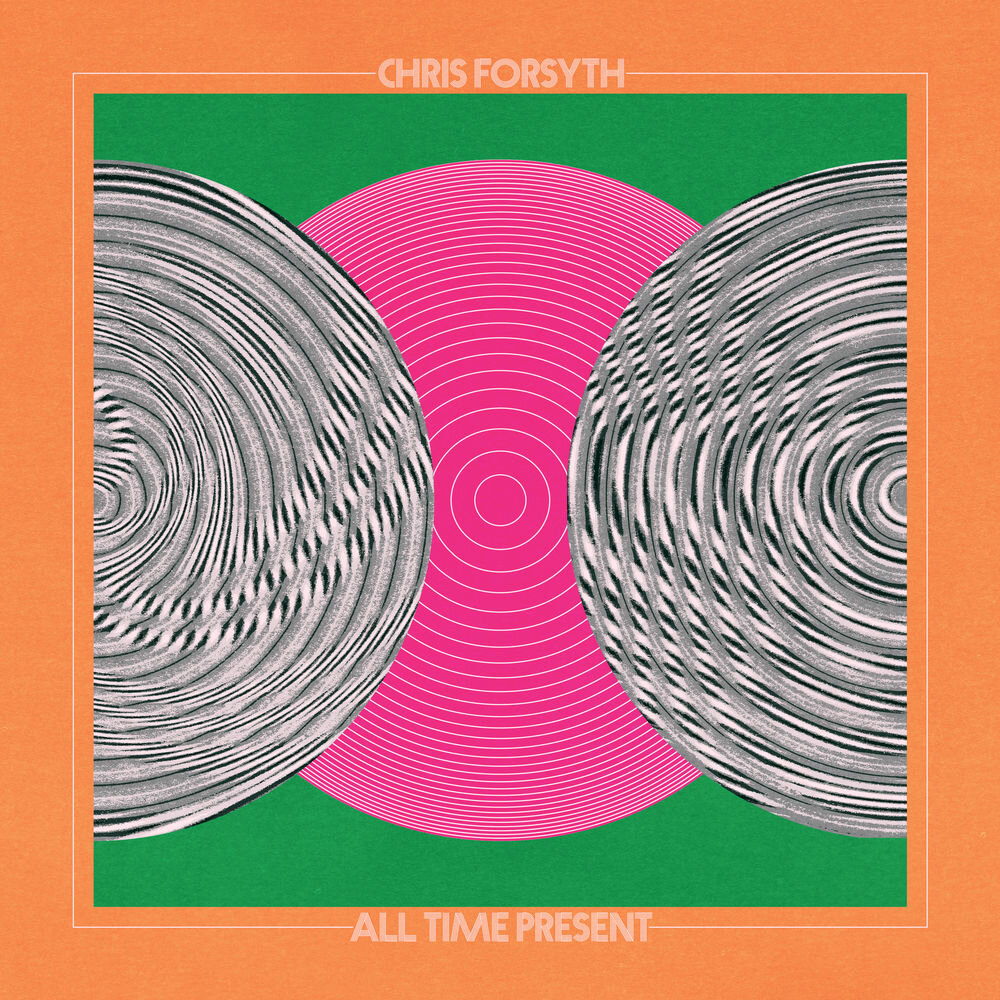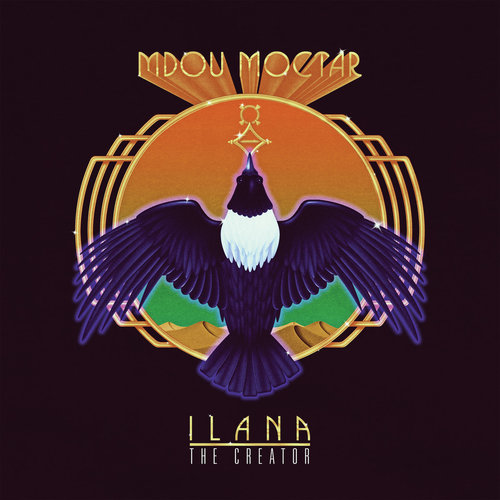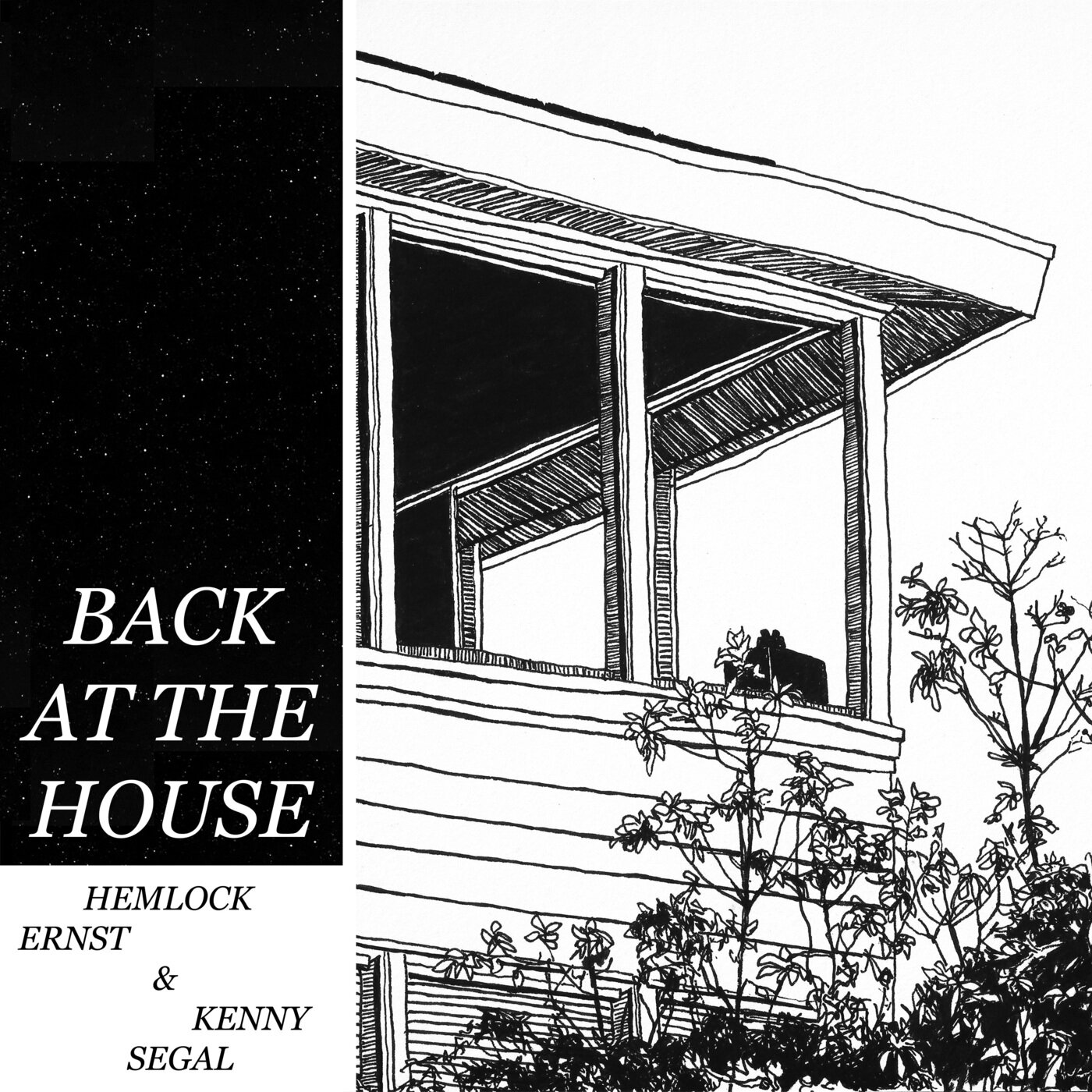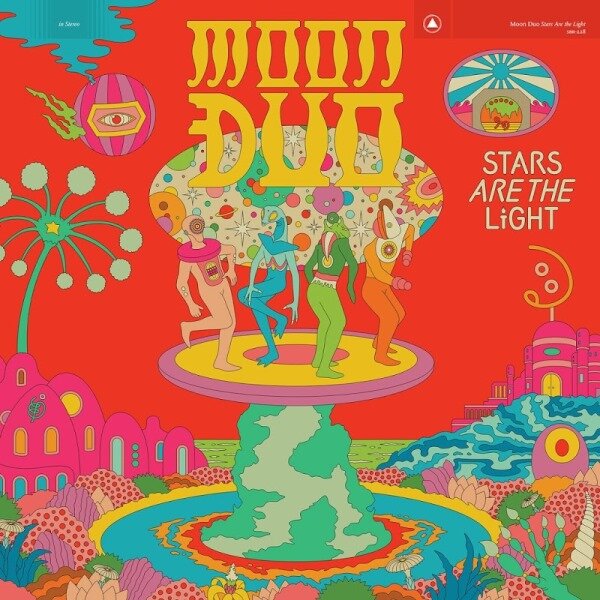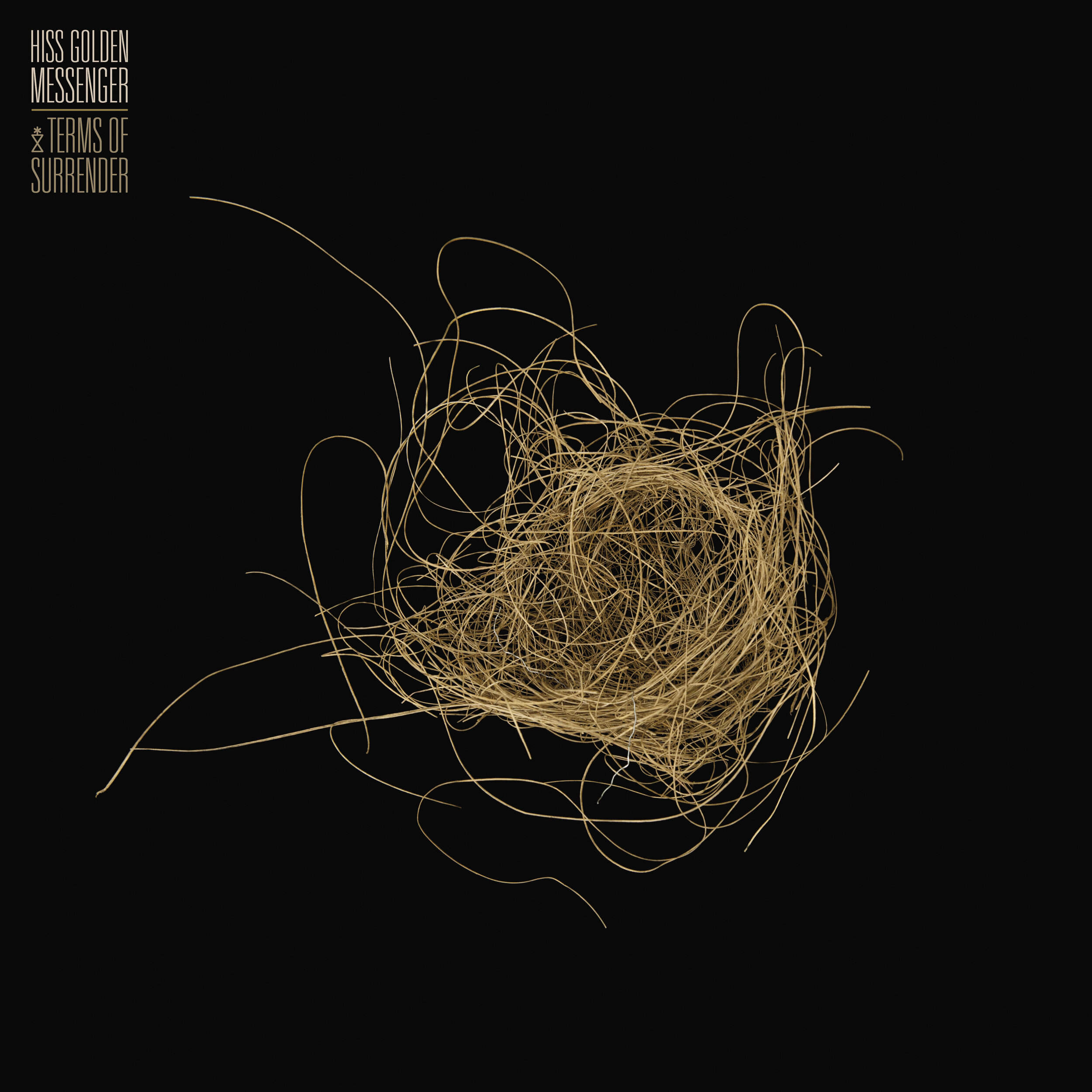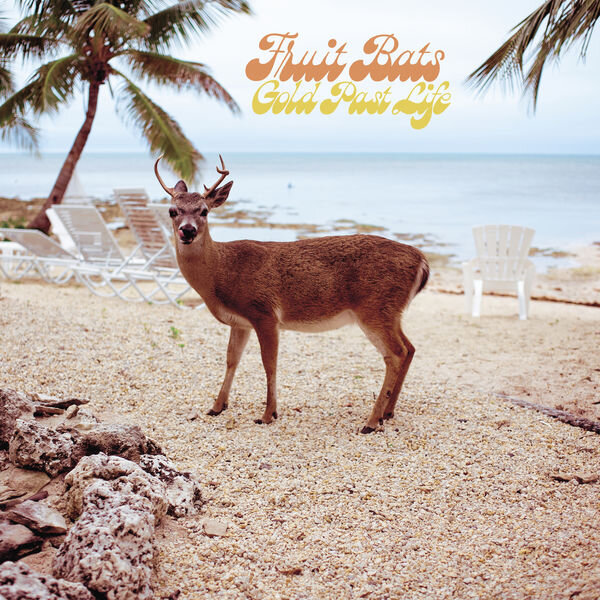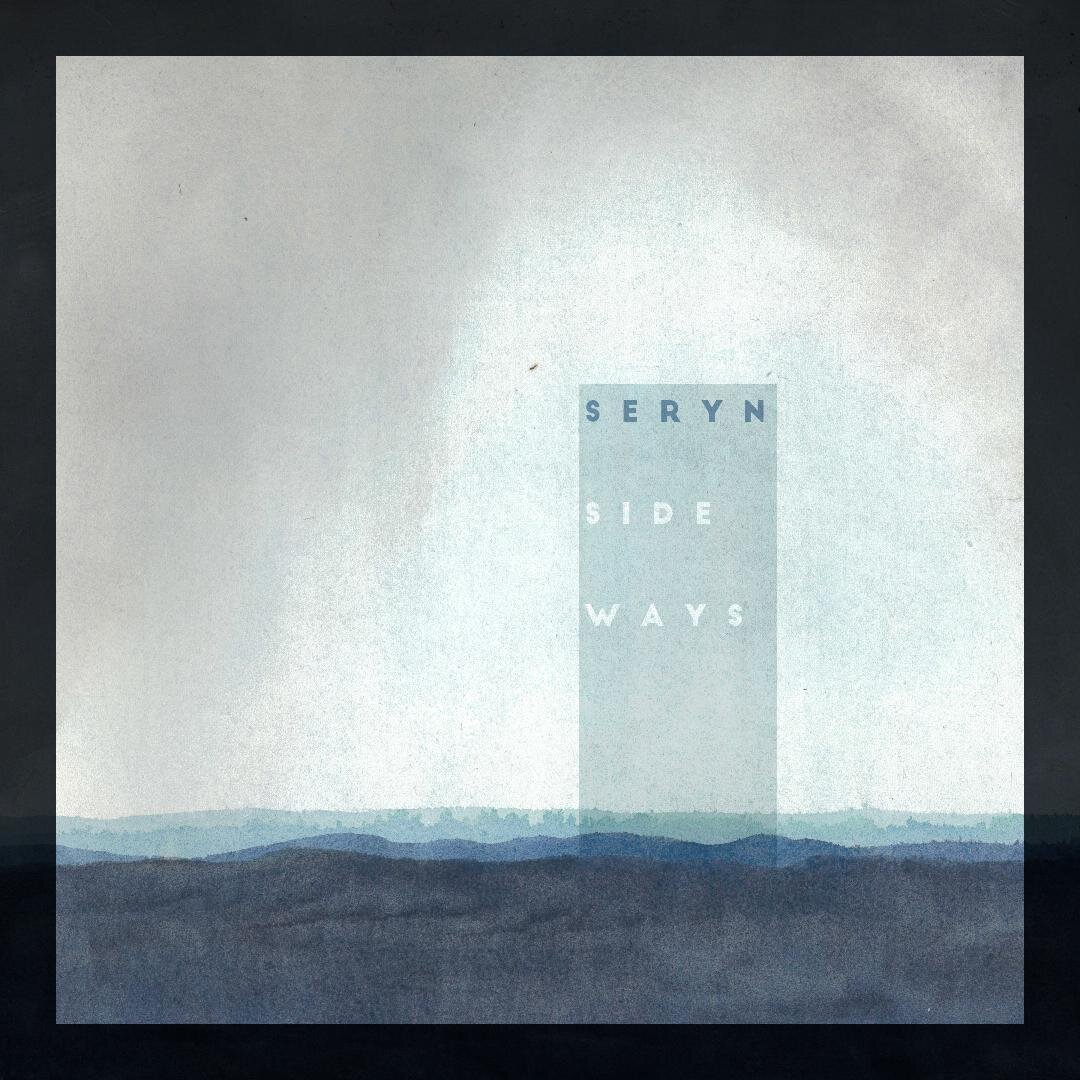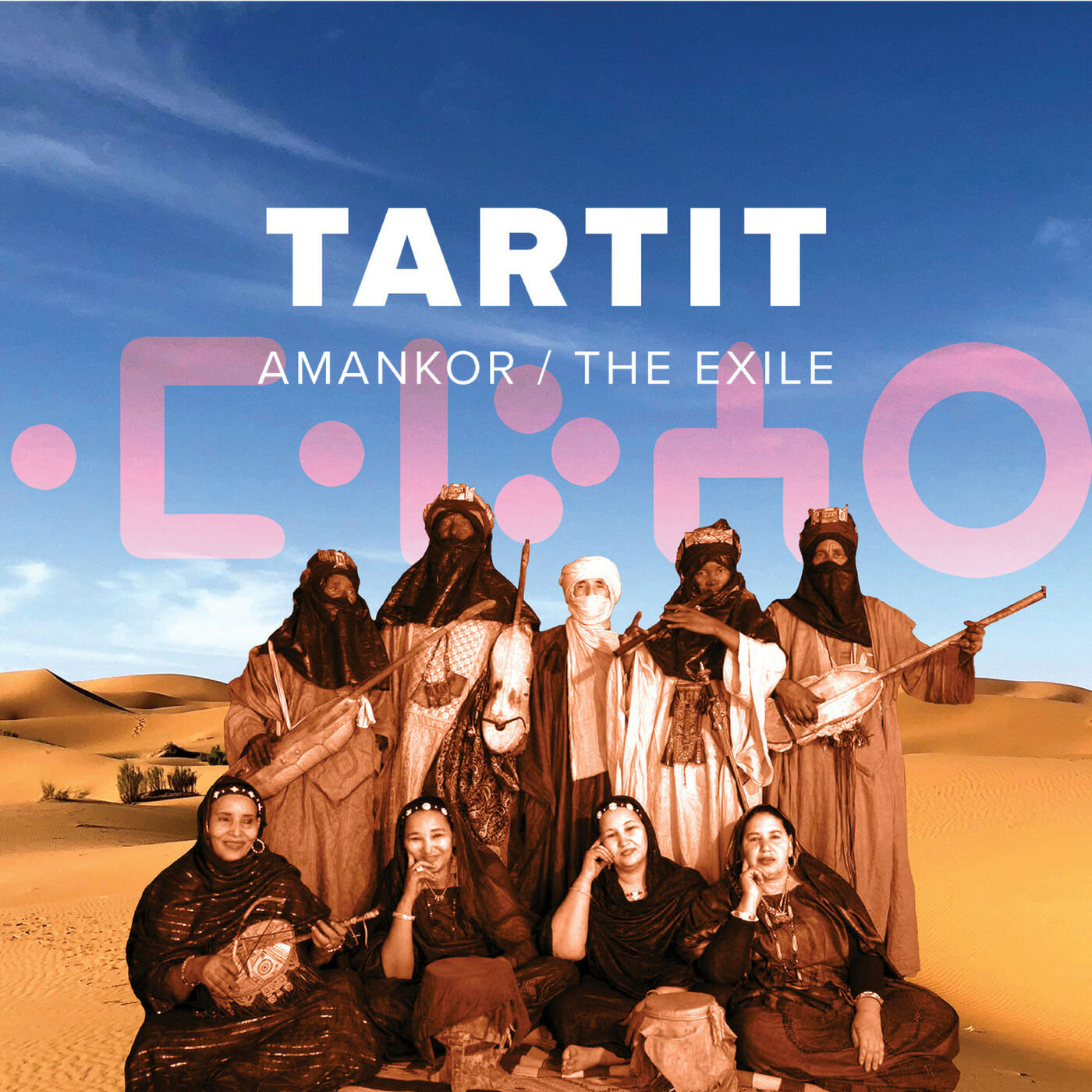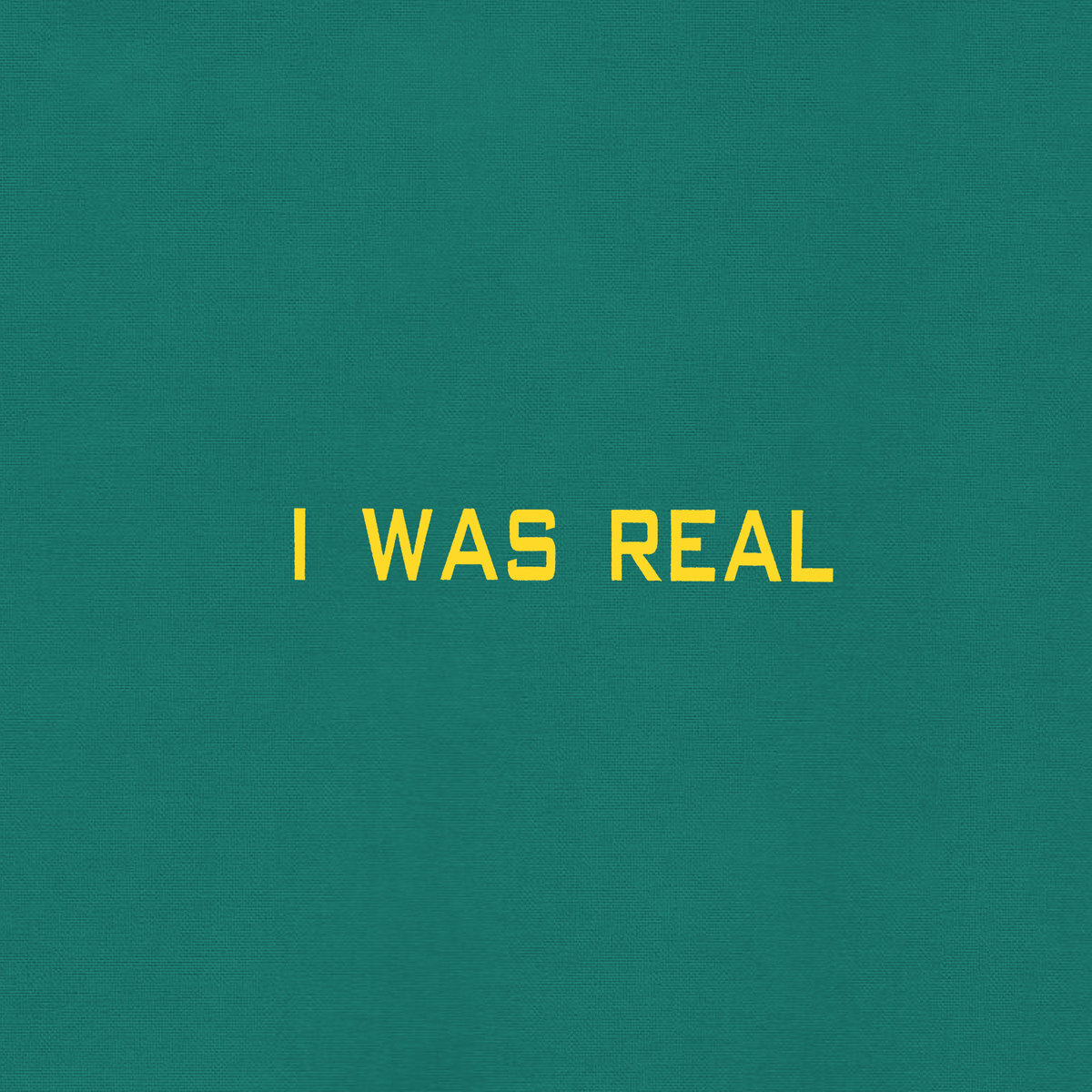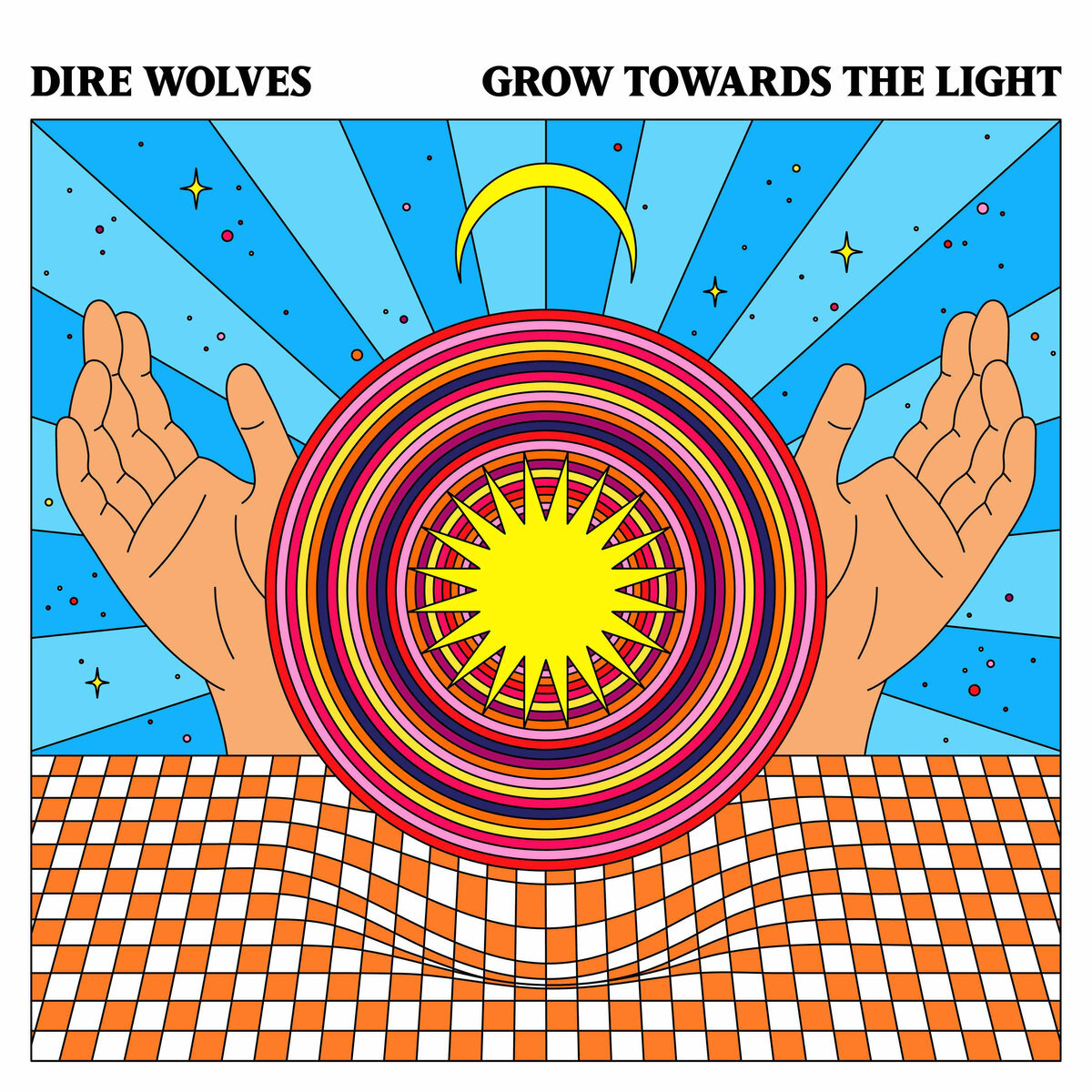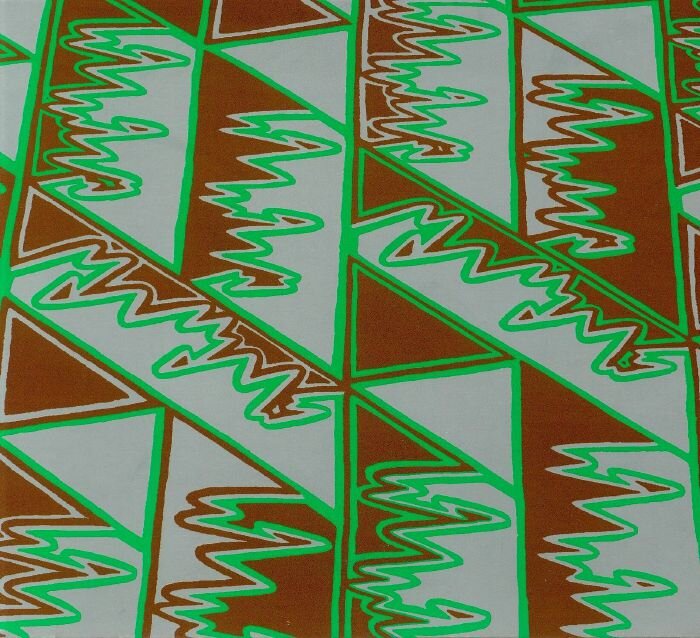I keep thinking about what it means that Wilco titled their 11th album ‘Ode to Joy’.
The album often finds Jeff Tweedy in a reflective, even meditative, if not somber state. The topics aren’t exactly what you’d bring up at a dinner party (Or, if you did, most people wouldn’t invite you back).
Whether being startled out of staring at the knives in the kitchen drawer by the sound of the front door ringing through his guitar against the wall (‘Bright Leaves’), or feeling his blood run cold at the passing through of the sad ideas of losing a loved one (‘White Wooden Cross’). But if Tweedy is stuck inside his head, at least he lets us know what he’s thinking about. Life is hard. Relationships are hard and sometimes a person just feels stuck. I’m not sure I can change. I’m not sure you can change, but somehow, deep down, I know it’s all worth it, even if I don’t know why.
It’s a meditative, spacious record that doesn’t work as background noise. It is best heard either through headphones or really loud. It’s a record that asks for and rewards your attention. It’s not a big rock record but neither is it a quiet folk record. Anchored by Glenn Kotche’s skittering percussion, the record traffics in restraint (every guitar is denied) and asks you to immerse yourself. Largely eschewing cymbals, the album feels is initially jarring because it leaves out the high/bright splashes we’ve come to expect from so many records. It leaves us looking up in places we didn’t expect.
If relationships are the currency of life, then Tweedy understands that sometimes the account feels overdrawn. Relationships often feel more taxing than anything else. The album opens with Tweedy lamenting “I don’t like the way you’re treating me” and recognizes that sometimes when we argue, we’re not even sure which side we’re on, we’re just stuck in relational holding patterns that feel like we can never change (‘Bright Leaves’). So much so, that Tweedy recognizes that “Deep inside everyone hides some of the time” (‘Everyone Hides’).
But what happens when we’re tired of hiding? That seems to be a theme Tweedy is interested in exploring. Sometimes we know we’re stuck. Sometimes we know we’re not helpful and we certainly know that we don’t have the solution, even if we’re convinced that one exists. The album opener ends with the blunt statement: “You never change,” forcing us to ask whether we are prisoners of our own nature. Are we doomed to unhappy lives with unfulfilling relationships? Tweedy picks up this thread in ‘One And A Half Stars’, singing:
“There is no mother like pain
I'm left with only my desire to change
So what I stay in bed all day?
I can't escape my domain”
Even if we want to change, it feels like we can’t escape our natures or our circumtances.
But for all the isolation Tweedy might feel, there is also the notion that we cannot live alone, even when it frustrates us. Tweedy says in ‘One And A Half Stars’: “You mean too much to me I'm angry I could need so much.” Even when he is alone, he is/we are tied to those who have come before us (‘Before Us’) and we’ve got family “out there” (‘Empty Corner’). We all feel alone and yet we are all tied together.
This sense of what to make of our need for others is a theme throughout the record. ‘White Wooden Cross’ finds Tweedy again in his thoughts, but this time wondering to what he would do if a white wooden cross on the side of road meant that he had lost someone dear to him; even someone he’s angry that he needs. Even when we feel weighed down by our relationships, we’re not sure we would want to be without them.
Death, loss, failed relationships, the inability to change our circumstances; they are all present. And it’s not just relationships that seem to weigh Tweedy down. The album addresses riots, never-ending wars, the inability to change ourselves (or others), and self-deception. It’s not just inter-personal relationships that get us down because Society is made up of relationships. It’s all about us. We’re all in this together. And sometimes it feels like society is a mess. It’s easy to think in depressing terms. Vice says “The music is weary.” Vulture chooses the word “glum” while NPR says the album has a “heavy atmosphere.”
But the beauty here is that there is beauty to be found at all.
The full Vice quote reads: “The music is weary, but it's also the prettiest entry in the Chicago outfit's vast discography, one that synthesizes every era of the band's career into something forward-thinking and essential.” As my friend Jason Woodbury points out at Pitchfork, Tweedy “populates the album with surprise flashes of brightness, too. These are love songs about possibilities and the way our vision may be limited by our vantage point.” This leaves us to ask: “What might a shift in position reveal?” What if we don’t give in to despair?
I keep thinking about what it means that Wilco titled their 11th album ‘Ode to Joy’.
Of course there is the reference to Friedrich Schiller’s poem which was co-opted by Beethoven’s “Symphony No. 9”, whose opening stanza reads:
“Joy! A spark of fire from heaven, Daughter from Elysium, Drunk with fire we dare to enter, Holy One, inside your shrine. Your magic power binds together, What we by custom wrench apart, All men will emerge as brothers, Where you rest your gentle wings.”
There are certainly repeated themes if you read Schiller’s poem and listen to Wilco’s album, but we are all products of our times and I can’t help but wish that Tweedy meant more than literary allusion here. He looks frustration in the eye and chooses not to blink. These are difficult times. People are choosing politics over family. Our current president seems more intent on dividing than uniting. May of us feel alone.
And yet, in spite of it all, despite how hard it all is, Tweedy chooses not to give in to despair or hopelessness. He’s still got a desire to change that we should all hold on to. After all, society doesn’t change if individuals don’t change.. And there are things still worth believing in and fighting for. He sings on ‘Hold Me Anyway’:
Are we all in love just because?
No! I think it's poetry and magic
Something too big to have a name
And when you get it right it's still tragic
And when you die who's to blame?
Did you think everything would be okay?
Even knowing that it all feels tragic and it might not turn out okay, love is “poetry and magic, something too big to have a name.” Even when things don’t make sense, “Love is Everywhere,” and it’s power can be frightening (‘Love Is Everywhere’)"“
So many things I do
I can't explain to you
Right now, right now
Love is everywhere
Right now, I'm frightened how
Love is here, beware
In ‘One And A Half Stars’, Tweedy admits that he is worried about the way we’re all living. But he doesn’t respond with anger. He doesn’t give up. Instead, he says: “I'm worried about the way we're all living, and this is my love song.” He responds with a “love song.” He responds with love. Even when it doesn’t come naturally and certainly doesn’t come easy.
Love ties us all together. Love brings us out of ourselves into community. We are bound together for good or for ill, so why not choose joy even if those we are tied to don’t? We can name our shortcomings and we can acknowledge other people’s failings, but we’re all in this together.
The tension between individual and community seems to lie at the heart of ‘Ode to Joy.” On ‘Before Us’, Tweedy knows that even when he is physically alone, he belongs to those that came “before us’ and that we are part of a lineage. We are part of a community. This theme is repeated throughout the album, most notably in the closing track ‘Empty Corner’. Even if you don’t care, “You've got family out there.” Family transcend circumstances. Love ties us together. There is always reason to choose joy. Especially when things seem their bleakest.
Relationships, immediate and far are what make the world go around, even if no none likes it. We can’t escape this, so we have a choice. We’re left with only our own desire to change (‘One And A Half Stars’) and maybe that’s the point of this record. Things suck. But what are we going to do about it? What will each of us choose? Maybe, the best that we can hope for is to declare with Tweedy: “I tried, in my way, to love everyone'“ (‘Quiet Amplifier’). What more would you ask of your neighbor in difficult times?
It takes maturity to own our faults and name our difficulties. It takes wisdom to choose joy anyways.



